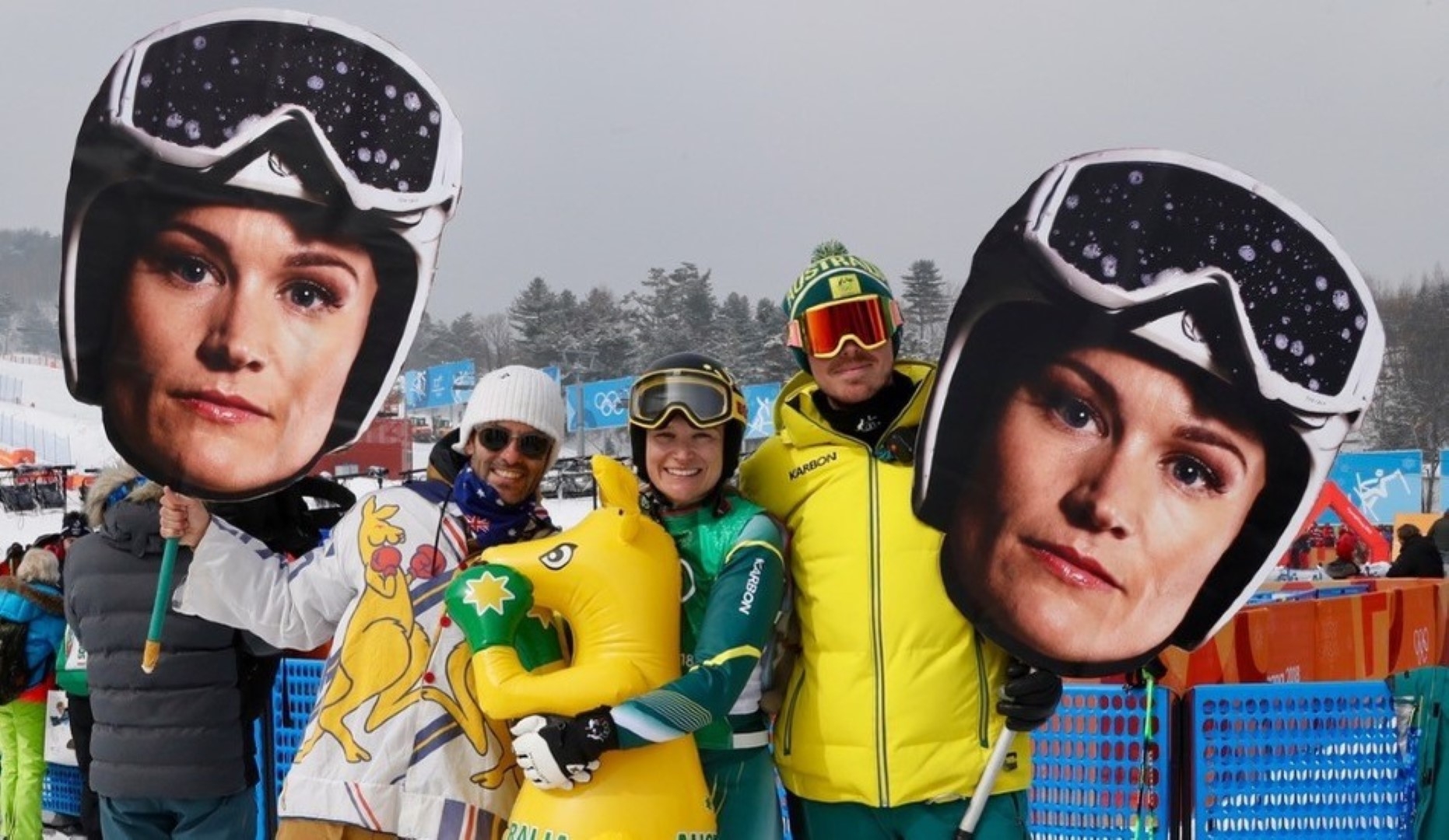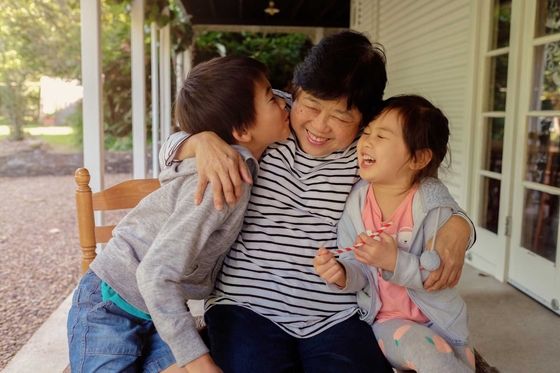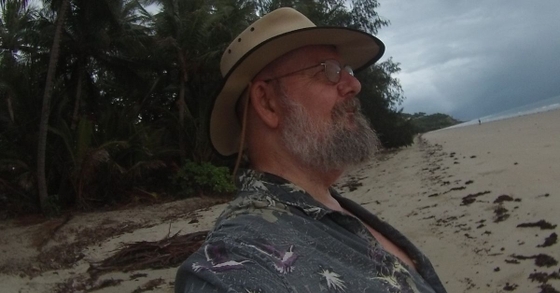
Aiming high after a stroke
Sami Kennedy-Sim is an Olympic freestyle skier specialising in Ski Cross.
She has represented Australia in two Winter Olympics – Sochi Russia (2014) and PyeongChang Korea (2018). She lives in New South Wales with her husband, Ben Sim, a cross-country skier. Sami is currently training to compete in the 2022 Winter Olympics in China.
In 2018, Sami underwent a procedure to close the hole in her heart.
At 24 years old, Sami Kennedy-Sim was in training for the 2014 Sochi Winter Olympics.
As an elite freestyle skier, she’d had plenty of experiences with injuries. So, when she was scheduled for a ‘routine’ knee procedure, she wasn’t fazed. She’d take a bit of time off, recover, and then get right back into her Olympics preparation.
But a few days after the surgery, her cat, Sochi, jumped onto her knee while she was in bed. Sami jerked in pain and then realised her whole body felt strange.
"I became paralysed down my left-hand side. I had a facial droop and couldn’t speak."
Her quick-thinking husband realised something was terribly wrong and rushed her to hospital.
There, Sami was diagnosed as having had a stroke.
Working towards recovery
Despite the severity of her diagnosis, Sami was one of the lucky ones.
Because her husband had reacted so quickly – he’d recognised her facial droop as one of the signs of a stroke – she was able to receive rapid treatment and make a full recovery.
Nine months later, Sami was competing at the Sochi Olympics.
"I was determined to keep going. My goal to get to the Games kept me going and by getting there it reinforced to me that I was on the right path in my life."
A cause and a cure
But her heart story wasn’t over yet. The following year, she had a transient ischaemic attack, also known as a mini stroke. An echocardiogram revealed a small patent foramen ovale (PFO) – a hole in the heart that may increase the risk of heart events like stroke.
In 2018, after her second Olympics, Sami sought council from a new cardiologist. He cardiologist explained that a device called a PFO occluder could be used to close the hole. The procedure itself would be relatively straightforward, but Sami found herself feeling fearful and overwhelmed.
It was only when decided to put her faith in her remarkable medical team that things started to change for the better.
"I was terrified. I was in tears on the trolley before surgery."
"In that moment, you’re allowed to feel anxious, [but I also felt like] I was in the right hands. Relinquishing control is something I now know is really empowering."
Moving onwards and upwards
Today, Sami lives a normal life. She’s veteran of two Winter Olympics – Sochi and PyeongChang – and is currently training for Beijing in 2022. While she’s still aiming sky high, these days she’s more conscious of her body and what it needs.
"[I’ve] learnt that there are days when I need to slow down. If I have a period of low sleep and my heart rate changes, I know I have to back off my training a bit."
For someone who survived two heart events, it’s a remarkable recovery. But Sami, who always kept one eye on the future, was determined not to let her experiences define her.
"I’ve always seen this as a speed bump in my life rather than a roadblock. Continually setting goals for myself has been really important in my recovery."
Words of advice
"Empower yourself with knowledge. I strongly encourage people to ask questions of health professionals if they don’t feel right about anything. The only dumb question is the one you don’t ask."
Sami shares her tips and advice on the Supporting Young Hearts: Heart to heart series podcast and is a member of the Supporting Young Hearts online support group. Visit us here to find out more.
You might also be interested in...

Women's heart stories
Watch women from across Australia and some of their husbands and fathers tell us about their experience with heart disease.

“I'm still here”: Alf’s heart story
Like many Australians, 70-year-old Alf Craig has a long family history of heart disease. His father, a smoker with a poor diet and sedentary lifestyle, had a heart attack aged 42 and was diagnosed with arterial sclerosis, and his uncle had also had a stroke in his 40s.
.jpg?width=560&height=auto&format=pjpg&auto=webp)
Do you have a Heart Story to share?
By sharing your heart story, you can help save lives. You can tell others about the warning signs of a heart attack, the importance of a Heart Health Check, or even what it’s like to live with chronic heart disease.
Last updated26 February 2024